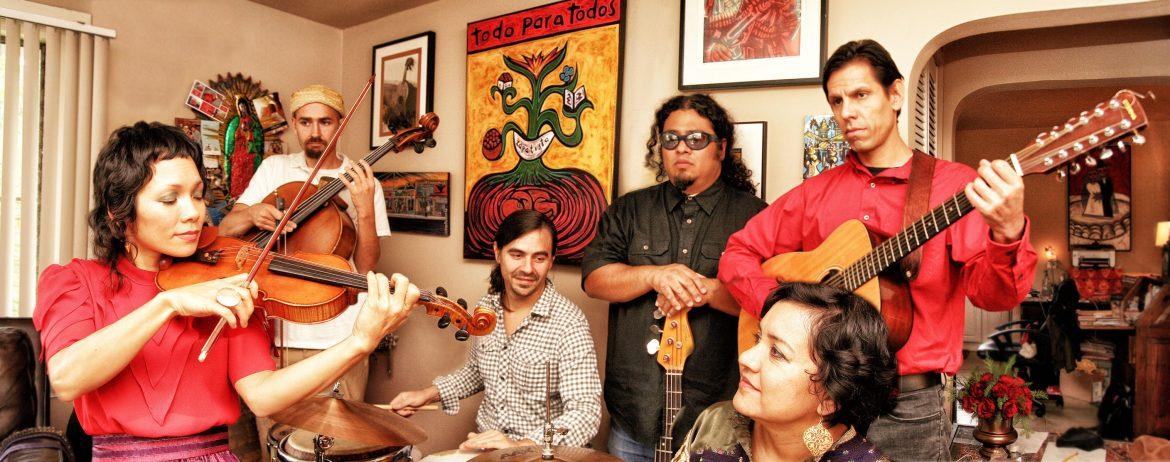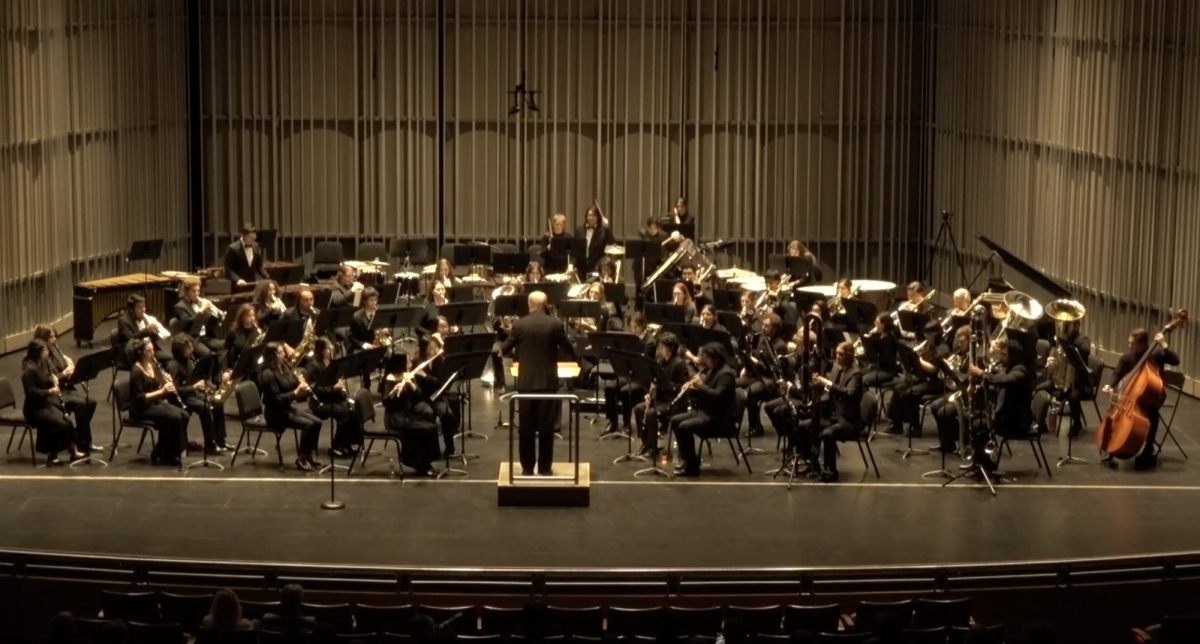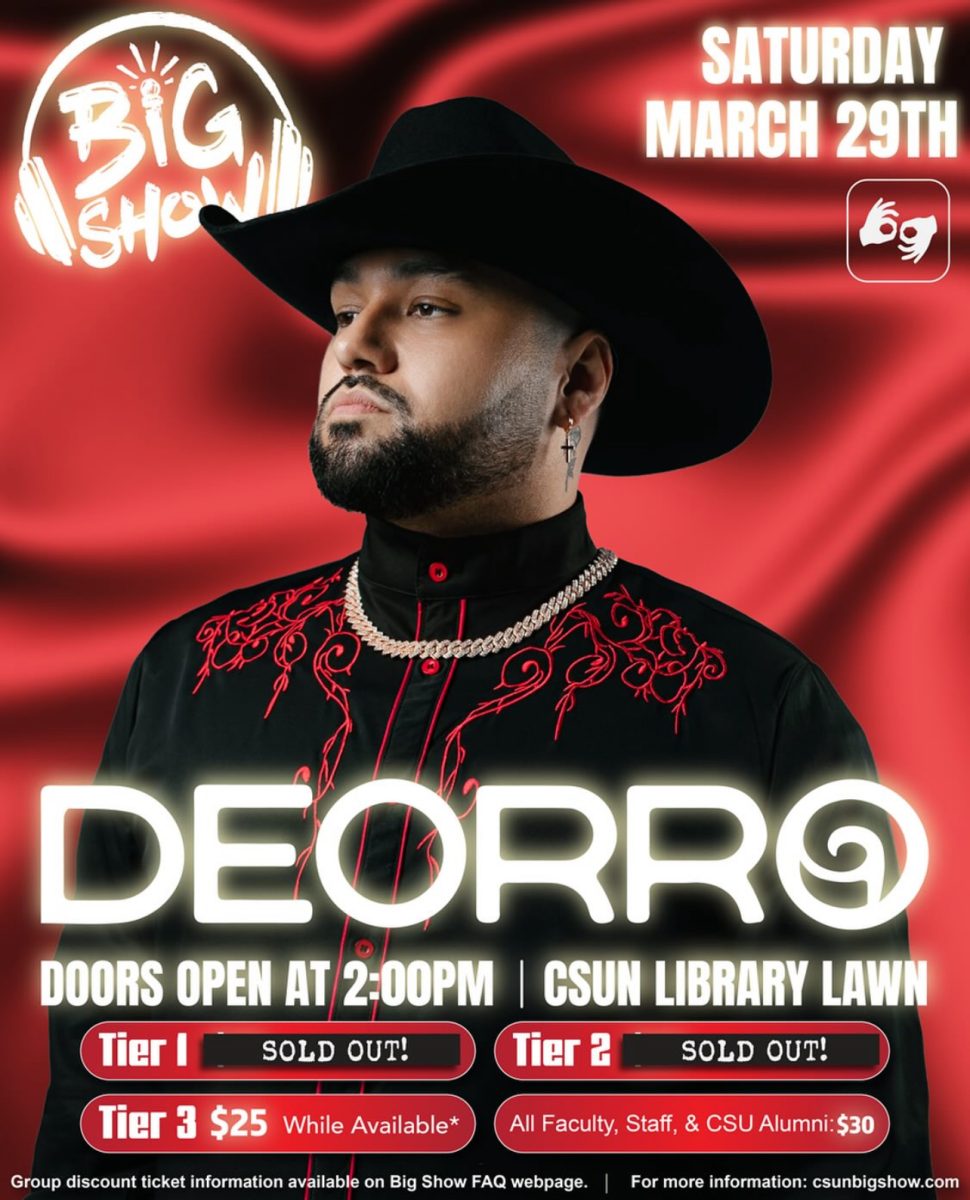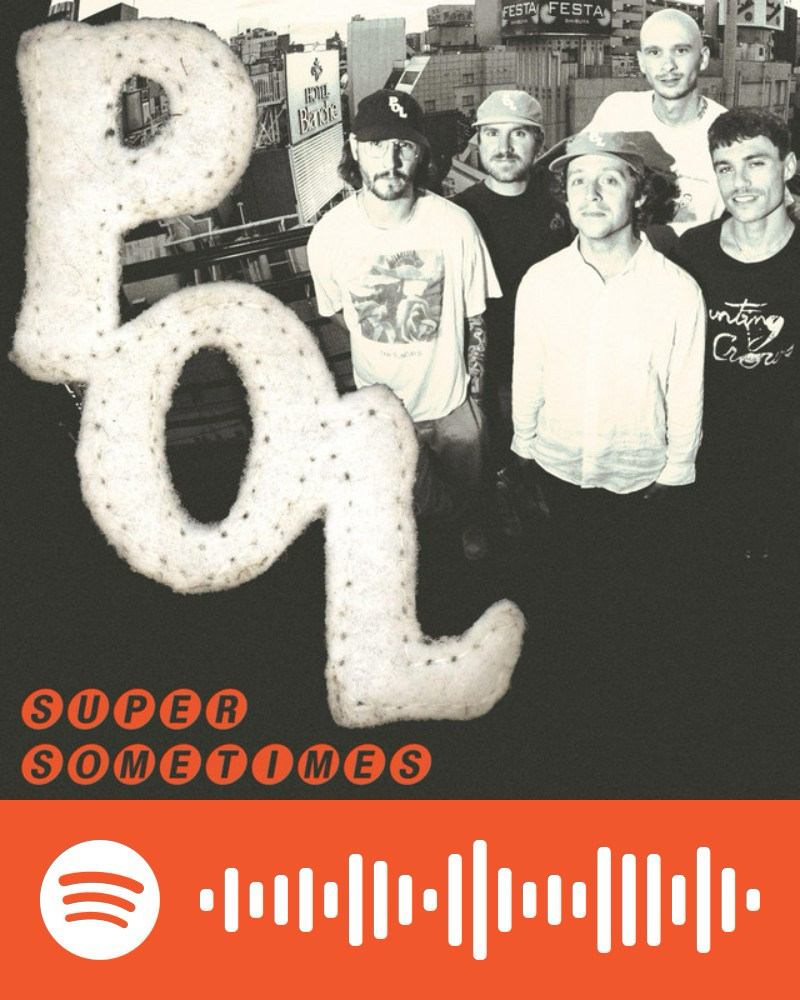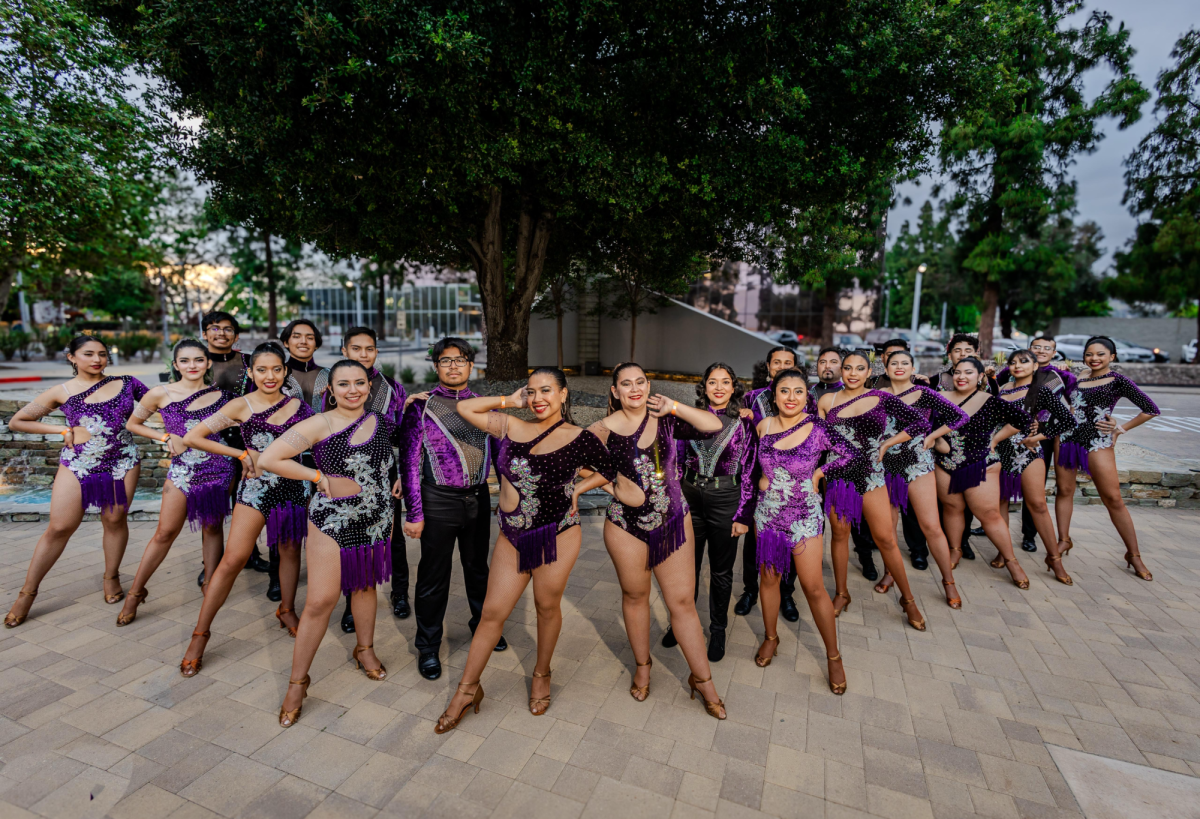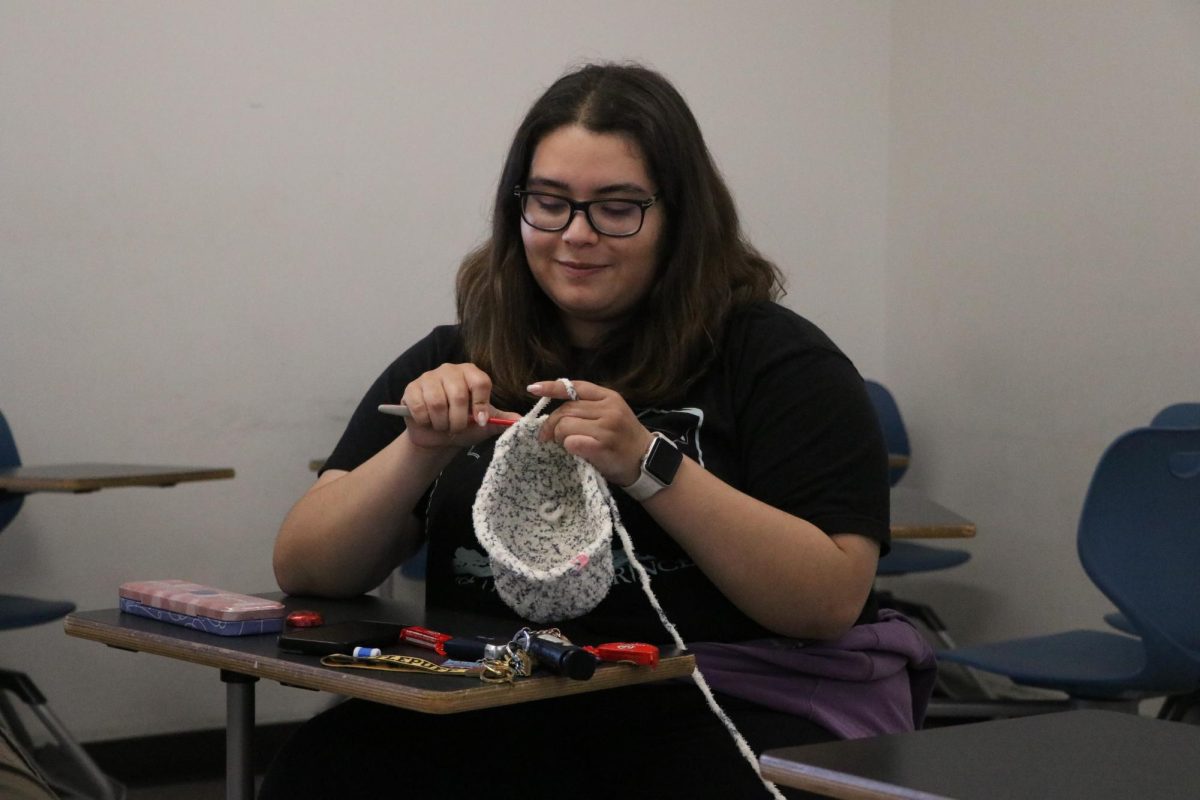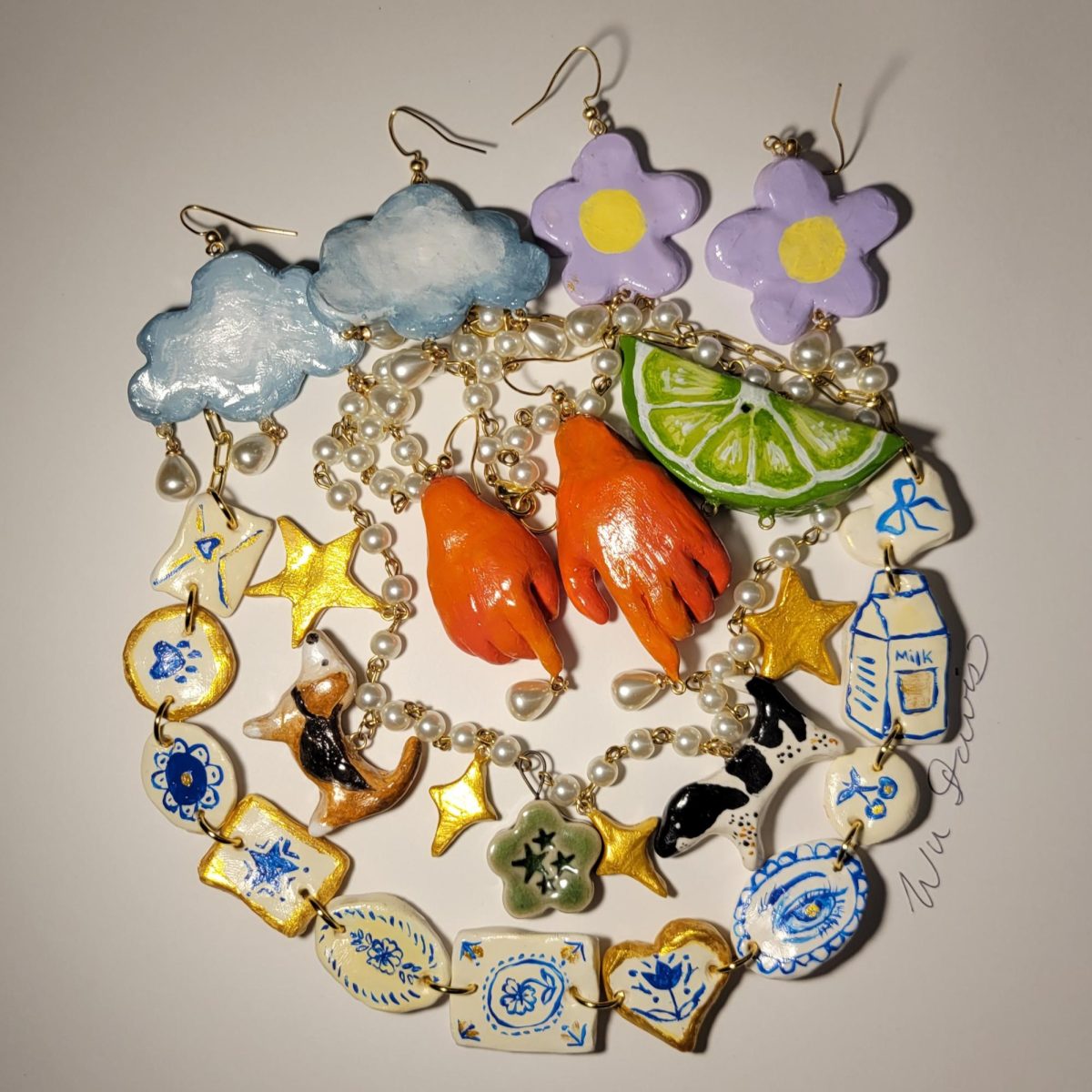The Chicano rock band Quetzal is among the numerous successful music groups from East L.A. Last week they celebrated the release of their seventh studio album, “The Eternal Getdown.”
The band is mostly known for their activism and their politically-driven music because both bring awareness to social issues and constant struggles their community goes through.
Formed by Quetzal Flores in 1993, the band began its early performances throughout Los Angeles. Shortly after in 1995, Martha Gonzalez joined the group and has been the lead singer as well as composer since then.
In 2013, Quetzal won a Grammy award for best Latin rock album of the year for “Imaginaries,” which mixes the sound of rock, jazz, rhythm and blues, with folkloric Mexican music.
The Sundial interviewed Quetzal Flores and shared an insight of the “Chicano experience,” their newest musical project, the way they remain engaged in their community, and how they use music to express their views.
How do you feel about the release party of your newest album?
Flores: Excited. We invited lots of family and friends from Veracruz and Los Angeles. We got a lot of important things to say, so it’s super exciting.
What are those “important things” you have to say?
Flores: It’s an urgent moment in the history of humanity. We have to make sure we’re taking care of each other. We have to consider who are the most vulnerable people in this situation and we have to come together to develop ways to protect each other.
How does the “Eternal Getdown” differ from your previous projects?
Flores: I think it’s an evolution of articulating our experiences growing up in the barrio and trying to incorporate the different styles that have so much meaning to us and by styles I mean rhythms. Rhythms are resources from ancestral knowledge and apply to modern songs.
How did you and the rest of the band members decide to come together and make music?
Flores: We were all young adults. The band came together in 1993. Ultimately we all understood similar things that allowed us to find each other in music. [Some of the early influences of the band] were Ranchera music, for others it was classical music and for others it was rock ‘n’ roll, but it all led us to the same place to work together and encompass all that—which is part of the Chicano experience.
You mentioned the genres that influenced the band members, but who are the people you’ve worked with that have played a role in developing your music?
Flores: I’ll definitely have to start with one of my teachers named Lorenzo Martinez. We call him ‘Lencho.’ He is a huge influence in my life and for the rest of the band as well. Another person is Russell Rodriguez from San Jose who has given lots of information. Then there’s people like Gloria Anzaldua, a Chicana feminist theorist who came up with ways to understand who Chicanos are and how we navigate the world.
Of course, Los Lobos were very helpful to take us on tours with them. They made sure we were fed and had a place to stay. And of course our producers, starting with John Avila, who was the bassist of Oingo Boingo. He taught us how a record was made and how you prepare for it. Another one was Greg Landau. He whipped our butts into shape and made us understand not to waste time.
You’re a band known for its activism, but do you only use music to express your views, and if so, how do you engage your audience with it?
Flores: It’s always done through the lens of music, art and culture. We’ve developed ways to be in contact with music and providing horizontal spaces where we, as a community, can engage in the composition of songs. That is very different from our traditional musical labor and once you engage the community this way then you’re arriving at a whole other level of interaction and uncovering how our culture plays a huge role in social movements.
Are there any songs that pertain to the current politics of the U.S. or Latin American countries?
Flores: Yeah, there’s tons of material that talk about that, starting with ‘Critical Time.’ The lyrics say: ‘people asking why/ mothers cry and cry/authorities building lies/critical time.’ We’re living in a time where a police officer can murder a young black man or a young black woman and there’s no repercussions. There is a lot of material in this album that incites conversations. We don’t have the answers but we do have a lot of questions.
Are you planning a tour or any other projects in the near future?
Flores: Yeah we do have some dates but I am the director of art and culture for the East L.A Community Corporation where we can protect people from gentrification. Martha is a professor at Scripps College. But even as we are doing all these projects we never stop being musicians. We [simply] find different ways to express ideas and the power that comes from music and art.
Their discography is available in Spotify. More information on concerts and events, can be found on their Facebook page.
